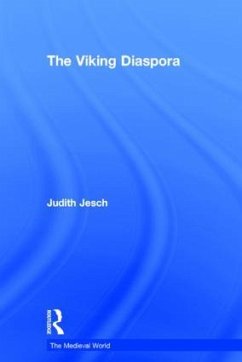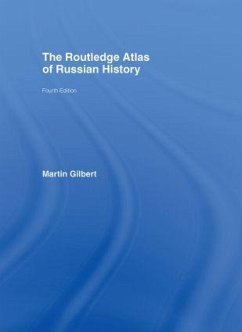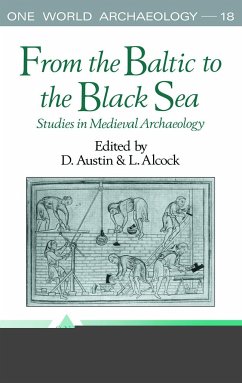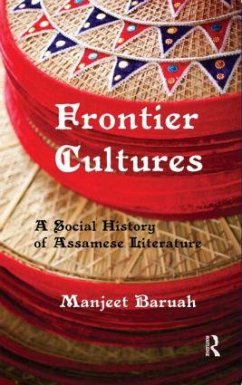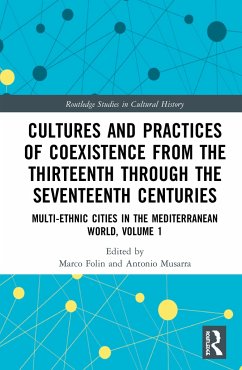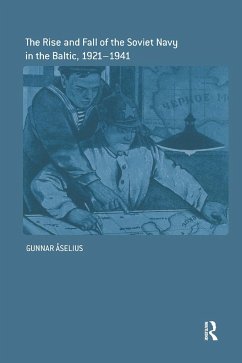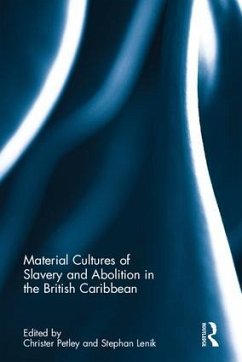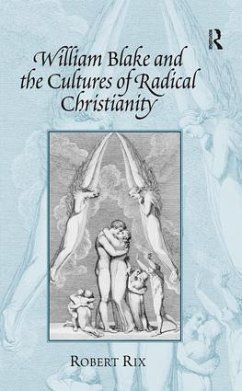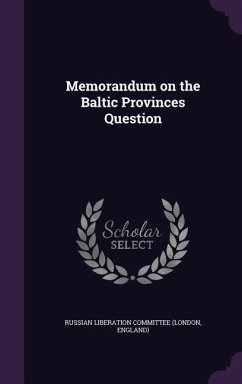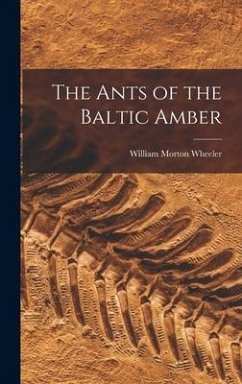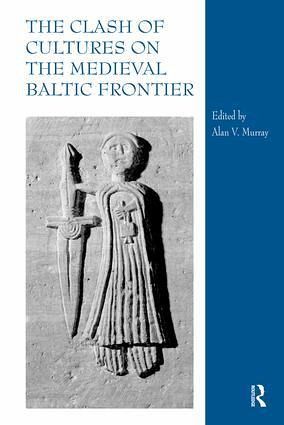
The Clash of Cultures on the Medieval Baltic Frontier
Versandkostenfrei!
Versandfertig in 1-2 Wochen
178,99 €
inkl. MwSt.
Weitere Ausgaben:

PAYBACK Punkte
89 °P sammeln!
The conversion of the lands on the southern and eastern shores of the Baltic Sea by Germans, Danes and Swedes in the period from 1150 to 1400 represented the last great struggle between Christianity and paganism on the European continent, but for the indigenous peoples of Finland, Livonia, Prussia, Lithuania and Pomerania, it was also a period of wider cultural conflict and transformation. Along with the Christian faith came a new and foreign culture: the German and Scandinavian languages of the crusaders and the Latin of their priests, new names for places, superior military technology, and c...
The conversion of the lands on the southern and eastern shores of the Baltic Sea by Germans, Danes and Swedes in the period from 1150 to 1400 represented the last great struggle between Christianity and paganism on the European continent, but for the indigenous peoples of Finland, Livonia, Prussia, Lithuania and Pomerania, it was also a period of wider cultural conflict and transformation. Along with the Christian faith came a new and foreign culture: the German and Scandinavian languages of the crusaders and the Latin of their priests, new names for places, superior military technology, and churches and fortifications built of stone. For newly baptized populations, the acceptance of Christianity encompassed major changes in the organization and practice of political, religious and social life, entailing the acceptance of government by alien elites, of new cultic practices, and of new obligations such as taxes, tithes and military service in the armies of the Christian rulers. At the same time, as the Western conquerors carried their campaigns beyond pagan territory into the principalities of north-western Russia, the Baltic Crusades also developed into a struggle between Roman Catholicism and Orthodoxy. This collection of sixteen essays by both established and younger scholars explores the theme of clash of cultures from a variety of perspectives, discussing the nature and ideology of crusading in the medieval Baltic region, the struggle between Catholicism and Orthodoxy, and the cultural confrontation that accompanied the process of conversion, in subjects as diverse as religious observation, political structures, the practice of warfare, art and music, and perceptions of the landscape.





